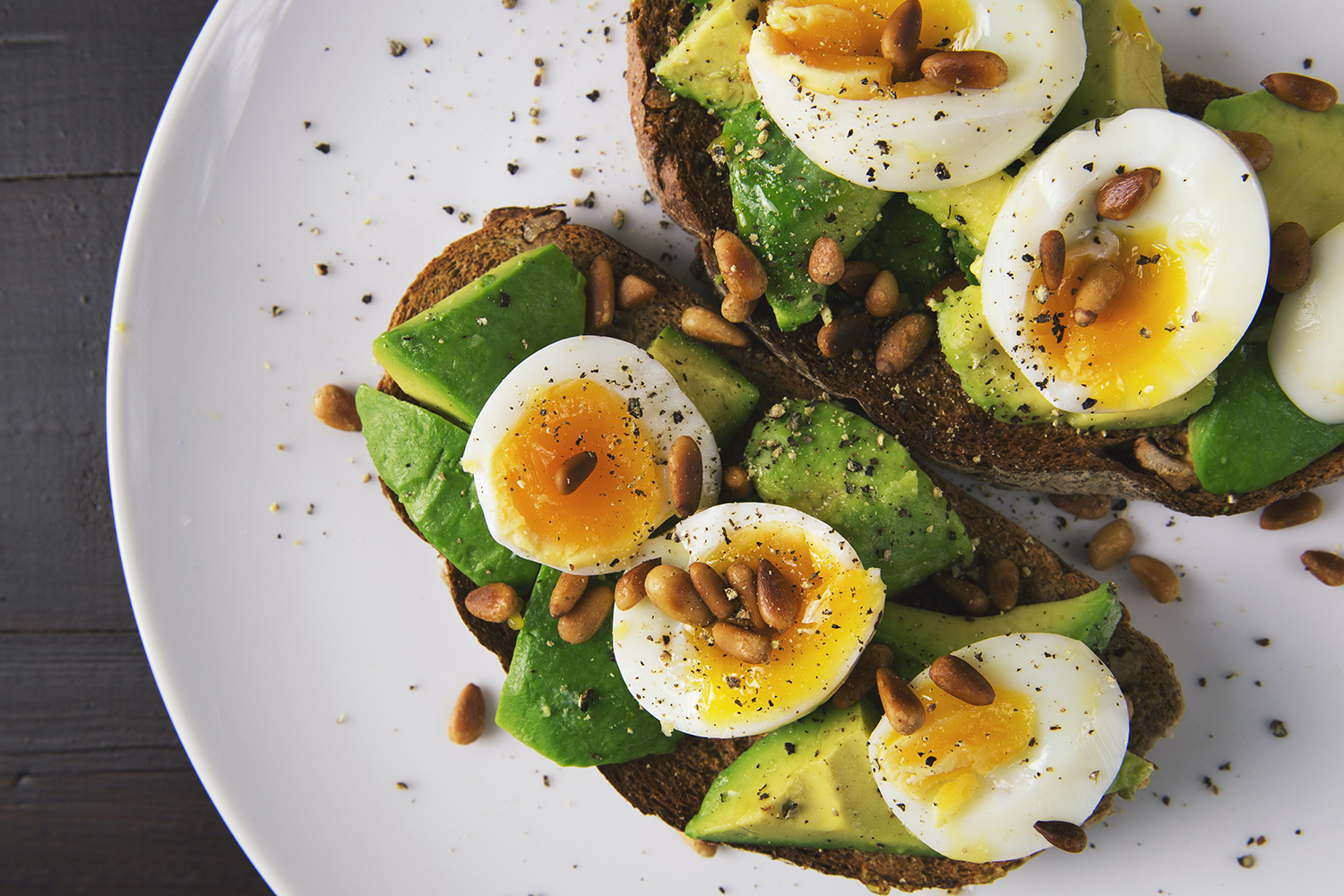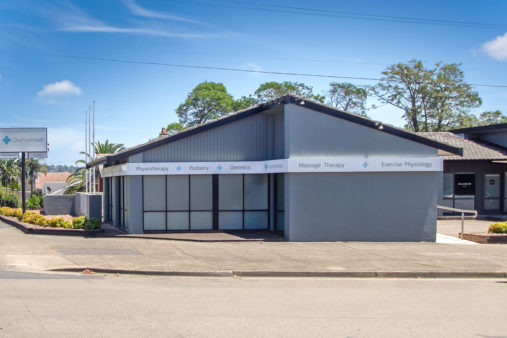Injuries can be caused by a wide range of factors, such as an accident, overuse, poor conditioning, improper technique during physical activity, sport, age, chronic health conditions and more.
Can a dietitian help me recover from an injury?
Proper nutrition can play a critical role in the healing process following an injury.
Seeing a dietitian can be beneficial for injury recovery, as they can provide personalized recommendations for optimal nutrition to support the healing process. A dietitian can assess your current diet and recommend modifications to ensure you are consuming adequate amounts of essential nutrients for recovery. During your consultation, the dietitian may review your medical history, current diet, and any food allergies or intolerances you may have. They may also ask about your injury, activity level, and any medications or supplements you are taking. Based on this information, they can develop a nutrition plan tailored to your needs.
The dietitian may recommend specific foods or supplements to help support healing and reduce inflammation. They can also provide guidance on how to adjust your diet to account for any physical limitations or changes in activity level. Additionally, a dietitian can help you establish realistic goals and provide ongoing support and accountability to help you achieve them. Overall, seeing a registered dietitian can be a valuable addition to your injury recovery plan. They can provide expert guidance to help ensure you are getting the nutrients you need to support healing and promote optimal health.
What is sports nutrition?
Sports nutrition refers to the specific nutritional needs of athletes and physically active individuals. The goal of sports nutrition is to optimize athletic performance, enhance recovery from exercise, and promote overall health and well-being. Sports nutrition involves understanding the role of macronutrients (carbohydrates, proteins, and fats) and micronutrients (vitamins and minerals) in the body, as well as how they are utilized during exercise and recovery.
It also involves understanding the importance of hydration and the role of supplements such as creatine, caffeine, and beta-alanine in improving performance. Athletes and physically active individuals have unique nutritional needs, which are influenced by factors such as body composition, training intensity and duration, and sport-specific demands. For example, endurance athletes may require more carbohydrates to fuel their activity, while strength athletes may require more protein to support muscle growth and recovery.
Accredited practising dietitians can provide personalized nutrition plans to athletes based on their individual needs and goals as each injury and recovery process is unique, and the optimal nutrition plan will depend on a variety of factors. These nutrition plans may include specific recommendations for timing and types of meals, hydration strategies, and supplement use.
Why is sports nutrition important?
Sports nutrition focuses on the dietary needs of athletes and physically active individuals. It involves assessing how food and nutrients can be used to enhance athletic performance, improve recovery, and promote overall health and wellness. Sports nutrition considers the unique demands placed on the body during physical activity, including the need for energy, hydration, and nutrient replenishment. Athletes and physically active individuals may require different amounts and types of nutrients compared to sedentary individuals to support their increased metabolic needs.
What are the considerations in sports nutrition?
- Carbohydrate intake for energy: Carbohydrates are the primary fuel source for physical activity and should be consumed in sufficient amounts to support athletic performance.
- Protein intake for muscle recovery and growth: Adequate protein intake is necessary for muscle recovery and growth, and may be higher for athletes who engage in strength training.
- Hydration for performance and health: Adequate fluid intake is important for both performance and health and can be especially critical in hot and humid conditions.
- Micronutrient intake for health and performance: Athletes may have higher requirements for certain vitamins and minerals, such as iron and calcium, to support bone health and oxygen transport.
Overall, sports nutrition is an important consideration for athletes and physically active individuals who want to optimize their performance and achieve their goals.
How can a dietitian help improve my sports performance?
A dietitian can help improve your sports performance by developing an individualised nutrition plan that addresses your specific needs and goals. Here are some ways a dietitian can help:
- Assess your current diet: A dietitian can analyze your current diet and identify any nutrient deficiencies or imbalances that may be impacting your performance.
- Determine your energy and nutrient needs: A dietitian can calculate your energy and nutrient needs based on your activity level, body composition, and other factors.
- Develop a meal plan: A dietitian can develop a meal plan that provides the right balance of macronutrients (carbohydrates, protein, and fat) to support your activity level and goals.
- Address hydration needs: A dietitian can help you determine your fluid needs and develop a hydration plan to ensure adequate hydration before, during, and after exercise.
- Provide guidance on supplements: A dietitian can provide guidance on whether supplements may be beneficial for you and which ones may be appropriate.
- Provide practical tips: A dietitian can provide practical tips for incorporating healthy foods into your diet, meal planning, and making healthy choices when eating out.
By working with a dietitian, you can optimise your nutrition to support your athletic performance and achieve your goals.













